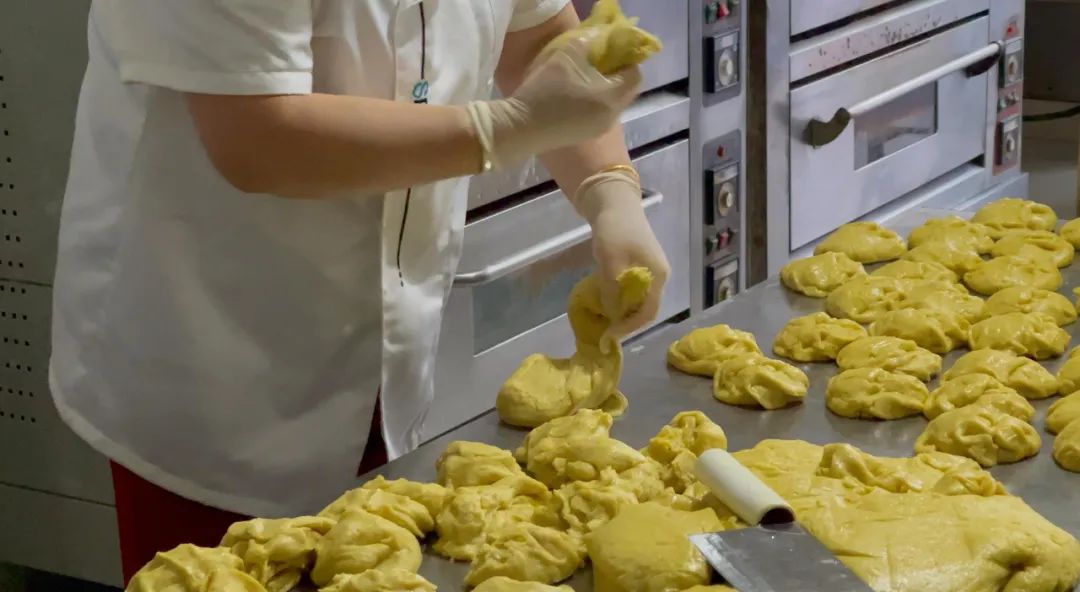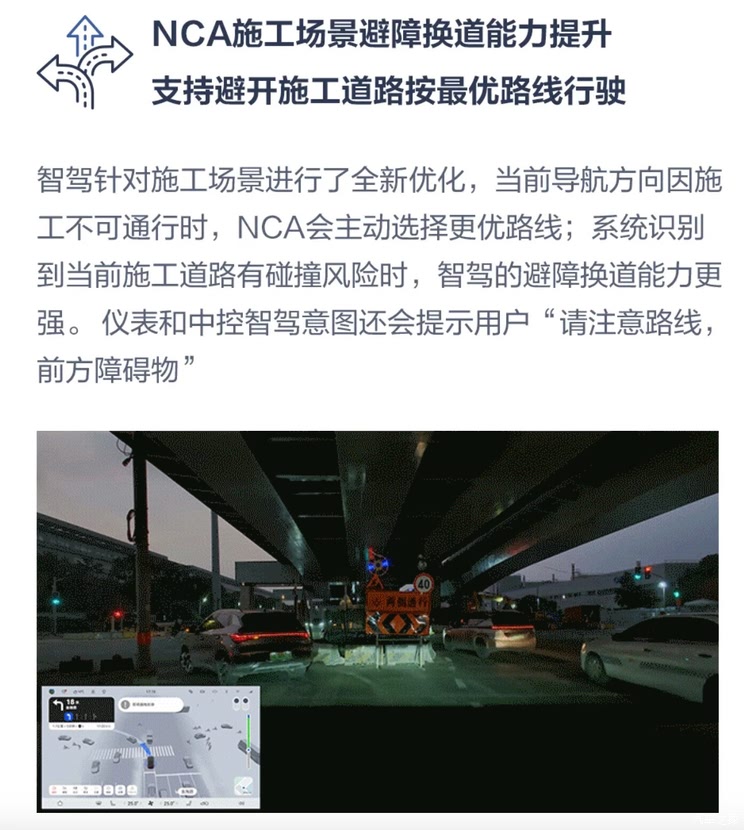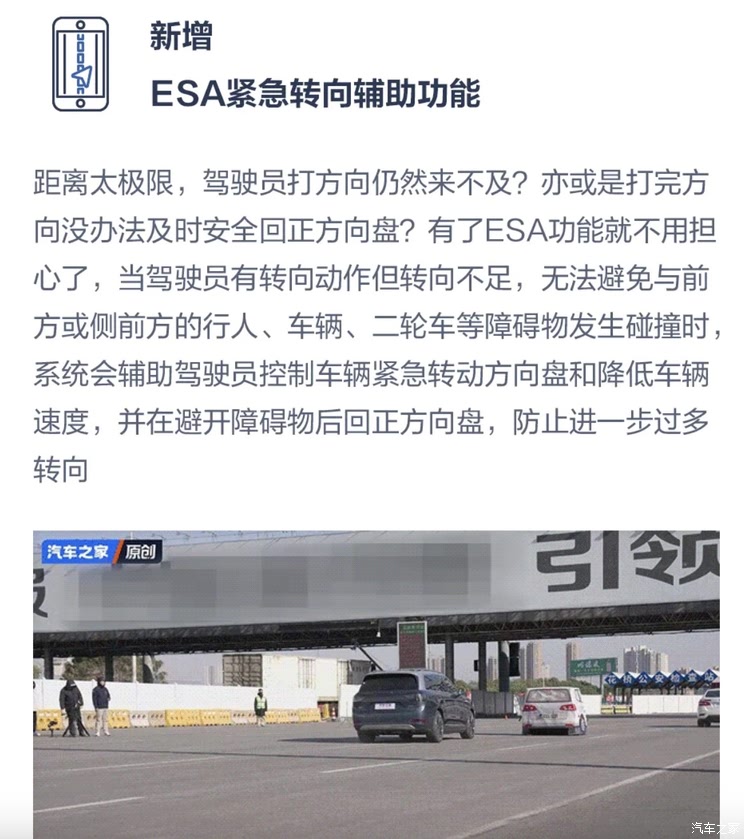Apple may also join the "folding screen battlefield".
According to media reports, recently, Samsung’s mobile business department revealed to its suppliers that Apple will join the folding screen field in 2024, but first it will be laptops and tablets, not smartphones. It is estimated that by 2025, the compound annual growth rate of the folding screen smartphone market will reach 80%.
At present, Apple has a strong dominance in the global high-end machine market, and domestic manufacturers have chosen folding screens as a breakthrough to enter the high-end. In the field of folding screens, Huawei, Samsung, vivo, Xiaomi and other manufacturers have also formed a competitive pattern.
Why did Apple choose to "sit tight" before? In the future, if it launches folding screen products, how will it affect the competitive landscape of the mobile phone industry?
Behind Samsung’s pre-judgment: Why is Apple’s folding screen slow?
Where did Samsung’s judgment about "Apple launched folding screen products in 2024" come from?
Guo Tianxiang, a senior analyst of IDC China, said in an interview that Samsung is more forecasting from the perspective of supply chain. There are also many rumors about Apple’s entry into the folding screen, and ultimately it depends on Apple’s own planning and product release.
Wang Peng, an associate professor at Renmin University of China and a researcher at the Beijing Academy of Social Sciences, told reporters that Samsung’s prediction that Apple will launch folding screen products is not "out of thin air". As one of the most important global brands in the mobile phone industry, it holds the news of many supply chain links, and this judgment must be made by integrating various sources.
In October this year, CCS Insight, an analysis company, also released an annual forecast report, saying that Apple may launch a foldable iPad first in 2024, instead of launching an iPhone with a folding screen first. It is expected that Apple will soon experiment with foldable technology.
In fact, at present, many Android manufacturers have launched folding screen mobile phones, and 2019 is called "the first year of folding screen mobile phones". For example, Samsung launched Galaxy Fold and Huawei launched Mate X that year.
Compared with Huawei, Samsung and other manufacturers, Apple’s layout progress in the field of folding screens is relatively slow. Why did Apple "sit still" before?
Guo Tianxiang believes that, in essence, the current folding screen mobile phone is still immature in terms of technology and ecology, and even the necessary usage scenarios are not clear. Moreover, the overall (user) base is still low, although the growth rate is relatively fast, but it is of little help to the current depressed mobile phone market. Therefore, for technologies that are not particularly mature, Apple will not be easily commercialized.
"As a global leader in science and technology, Apple has always been in a leading position in 3C products such as mobile phones. Generally speaking, Apple wants to lead a trend, not follow it. Apple should also focus on folding screen products in the early years, but due to various reasons such as technical reserves and user habits, it did not choose to make efforts in the field of folding screens in advance. " Wang Peng said.
It has soared 17 times in two years, and the folding screen has become the "growth pole" of mobile phones.
"Folding screen is the development direction of mobile phone screen in the future. We have seen similar scenes in some sci-fi movies and novels, similar to folding a newspaper in your hand and then putting it in your pocket. This kind of mobile phone is usually small in size, but it can be unfolded when needed. " Zhang Dexin, dean of Wenlv Innovation and Entrepreneurship Research Institute and expert of WRTO, told reporters.
At present, the folding screen has become the growth engine of the mobile phone industry under the "consumer electronics winter". According to DSCC data, in the first half of 2022, the global shipment of folding screen mobile phones was 3.69 million units, a year-on-year increase of 224%.
In the previous two years, the shipment of folding screen mobile phones has achieved an increase of nearly 17 times. According to CINNO Research data, the global shipment of folding screens was only 500,000 units in 2019, and it has reached about 8.9 million units by 2021.
The rapid growth of shipments reflects the importance attached by head phone manufacturers to folding screen technology. At present, domestic mobile phone manufacturers such as Huawei, Xiaomi, vivo, OPPO and Glory have made breakthroughs in the field of folding screens.
Why do folding screens become the "toon" in the eyes of these mobile phone manufacturers?
Guo Tianxiang believes that there are three reasons: First, the folding screen is the only market segment that maintains rapid growth in the downturn of the mobile phone industry; Secondly, in the case of serious product homogeneity, folding screen is one of the few products that can be differentiated, especially the differentiation of product appearance, which can attract consumers’ attention and desire to buy; Third, Apple will not launch related products in the short term, which is where Android manufacturers can compete with Apple in the current high-end route.
At present, in the field of folding screen mobile phones, Huawei has formed a competitive pattern of "leading the pack". According to IDC data, in the third quarter of 2022, Huawei accounted for 45% of the global market share of folding screen mobile phones, Samsung accounted for 22%, vivo and Xiaomi accounted for 12% and 9% respectively, and Glory also won 7% of the market.
So once Apple introduces folding screen products, what impact will it have on the competitive landscape of the industry?
Guo Tianxiang believes that the final shape of Apple’s folding screen is not yet known, so it is hard to say the future impact. However, judging from Apple’s brand power and ecological maturity, it will still have a certain impact on other manufacturers.
"Although Lenovo and ASUS now have folding screen computers, the penetration rate is lower than that of mobile phones, and the tablet is still not commercially available with folding screen products. Therefore, Apple is the first to enter these two areas, and it may be less competitive. From the perspective of mobile phones, since most other brands already have certain first-Mover advantages, the impact on Apple after entering will be relatively small. " Guo Tianxiang said.
According to the forecast of CINNO Research, by 2025, the global sales of folding screens are expected to reach 57.4 million units, with a growth rate of 54.09% from 2022 to 2025.
How to achieve the above growth? Guo Tianxiang said that in the short term, the direction of mobile phone manufacturers is converging, and they all want to promote popularization by lowering prices, so that more consumers can accept folding screen mobile phones. For example, he said that moto’s razr 2022 had already hit the price of folding screen mobile phones below 6,000 yuan. Now Huawei is following up, and the subsequent OPPO Flip models should also be in this price range.
"Samsung, Huawei, OPPO or other manufacturers in the future, everyone’s idea is that the Fold model will continue to maintain a high price range, with a relatively high technical level, maintain its impact on the high-end market, and establish its own brand image. The Flip model plays the role of price detection, popularization and volume, so that more consumers can accept the form of folding screen, and even some brands that take the cost-effective route will lower the price in the future. " Guo Tianxiang said.
Guo Tianxiang is optimistic about the long-term prospects of folding screen mobile phones. He said that in the long run, with the maturity of technology, the improvement of yield and the increase of participants, the folding screen market will definitely be lower and lower in price, more accepted by consumers and more and more popular, and will be in a long-term growth state.
Apple’s self-developed baseband chip is frustrated and will still use Qualcomm chip
In fact, Apple’s technical exploration in these years is not limited to folding screens, but also covers self-developed 5G baseband chips.
However, on Wednesday, when Qualcomm released the financial report, he confirmed that Apple’s self-developed 5G baseband chip had encountered setbacks and the progress was not up to expectations. Qualcomm said that the company will continue to provide baseband chips for "the vast majority" of iPhone in 2023. According to the company’s original plan, only about 20% of 5G baseband chips will be provided for the new iPhone in 2023, and the remaining market share will be taken away by Apple’s self-developed baseband chips.
Chen Jia, an independent international strategy researcher, said in an interview: "Qualcomm’s third-quarter earnings report is a confirmation of the rumors that Apple’s baseband development has been blocked in recent two or three months. This means that Qualcomm X series products will be used in the next two to three years, that is, Apple iPhone 15 and iPhone 16 series, and the share of this product in the iPhone will remain at 100%. It is expected that Qualcomm will launch X75 series baseband, which is based on 4nm TSMC process and has higher energy efficiency ratio. "
Why does Apple want to develop its own 5G baseband chip? Chen Jia said that Apple’s self-developed baseband is in line with its overall SoC independent research and development strategy. As early as 2011, Apple adopted Qualcomm baseband for six years. After that, Apple increased the strategic layout of its self-developed SoC and switched to Intel chips from the perspective of integration efficiency and economy, so as to reduce its dependence on Qualcomm. In 2018, Apple Qualcomm was caught in a patent war, and the iPhone had to fully use Intel baseband plug-in to produce iPhone XS series products.
"However, the integration between Intel baseband and Apple’s self-developed SoC is relatively poor. This is almost one of the few major shortcomings of iPhone products in the current market. Apple deeply felt the drag of Intel baseband integration on the performance of the whole machine, and finally had to switch back to Qualcomm baseband. However, judging from the performance of recent generations of iPhone network tests, the integration of Qualcomm baseband with Apple’s SoC is still not good, which has become the biggest shortcoming in the powerful performance of Apple’s A-series self-developed SoC. Therefore, Apple is still seeking baseband complete self-research, which is almost the only feasible way to maximize the performance of Apple A series SoC. " Chen Jia said.
Then, why is the research and development strength as strong as Apple, and it will encounter setbacks in the research and development of 5G baseband chips?
Chen Jia said that Apple is not unable to design a 5G commercial baseband, but it has no way to make a mature baseband that can meet the demanding requirements of Apple’s iPhone series products. These are two concepts.
"As we all know, Apple iPhone has a very special design language and concept. Under the leading idea of pursuing extreme thinness, Apple’s mobile phone has squeezed the internal space to the extreme! As a result, Apple has never been able to plug in a larger capacity battery like an Android phone, and the requirements of Apple’s communication module in terms of area and volume energy consumption ratio are almost harsh. The widely circulated iPhone signal and battery problems come from this core. " Chen Jia said.
He also said that on Apple’s large-size product line, such as the communication version of the iPad, there are few signal and battery life problems, which fully shows that the space utilization problem of the iPhone is the root cause of a series of problems affecting the iPhone baseband.
Zhang Xiaorong, president of the Institute of Deep Science and Technology, also said in an interview that Apple’s "failure" was temporary. The failure may be due to the patent barrier set by Qualcomm, or it may be due to the technical complexity and insufficient time, which leads to the failure of field test. Over time, if Apple continues to promote the research and development of 5G baseband, the probability of success is very high.
It is understood that the manufacturers with strong strength in the field of 5G baseband chips are Qualcomm, Huawei, Samsung and MediaTek. In Mate 20 X(5G), Huawei’s first 5G mobile phone released in 2019, it was equipped with Kirin 980 processor and externally connected with Huawei’s self-developed Ba Long 5000 baseband chip.
However, Chen Jia believes that it is not an effective comparison to compare the powerful baseband in Huawei’s self-developed SoC with the frustration of Apple’s baseband research and development. Huawei and Apple have great differences in mobile phone design languages, and they have completely different positioning and understanding from the use of internal space to antenna design and battery capacity. Moreover, Huawei was originally an industry giant who was born in communications, and it still maintained a certain market share in the case of being suppressed, which shows Huawei’s strong strength in communications.
At the same time, Chen Jia also said: "Huawei once proposed to provide a solution to Apple’s baseband dilemma, but in the end it failed because of well-known reasons. If it was a trip, it would have been a masterpiece of a strong alliance in the global semiconductor field. It is a pity that consumers will get better quality and high performance Apple and Huawei products. "
In Chen Jia’s eyes, judging from the overall situation of global science and technology, it is actually "two benefits." Apple has spent more time and money to develop baseband chips that are not strong, while Qualcomm and Intel are not satisfactory in both baseband and SoC research and development in recent years. If Apple has a choice, Huawei will be an excellent partner.












































